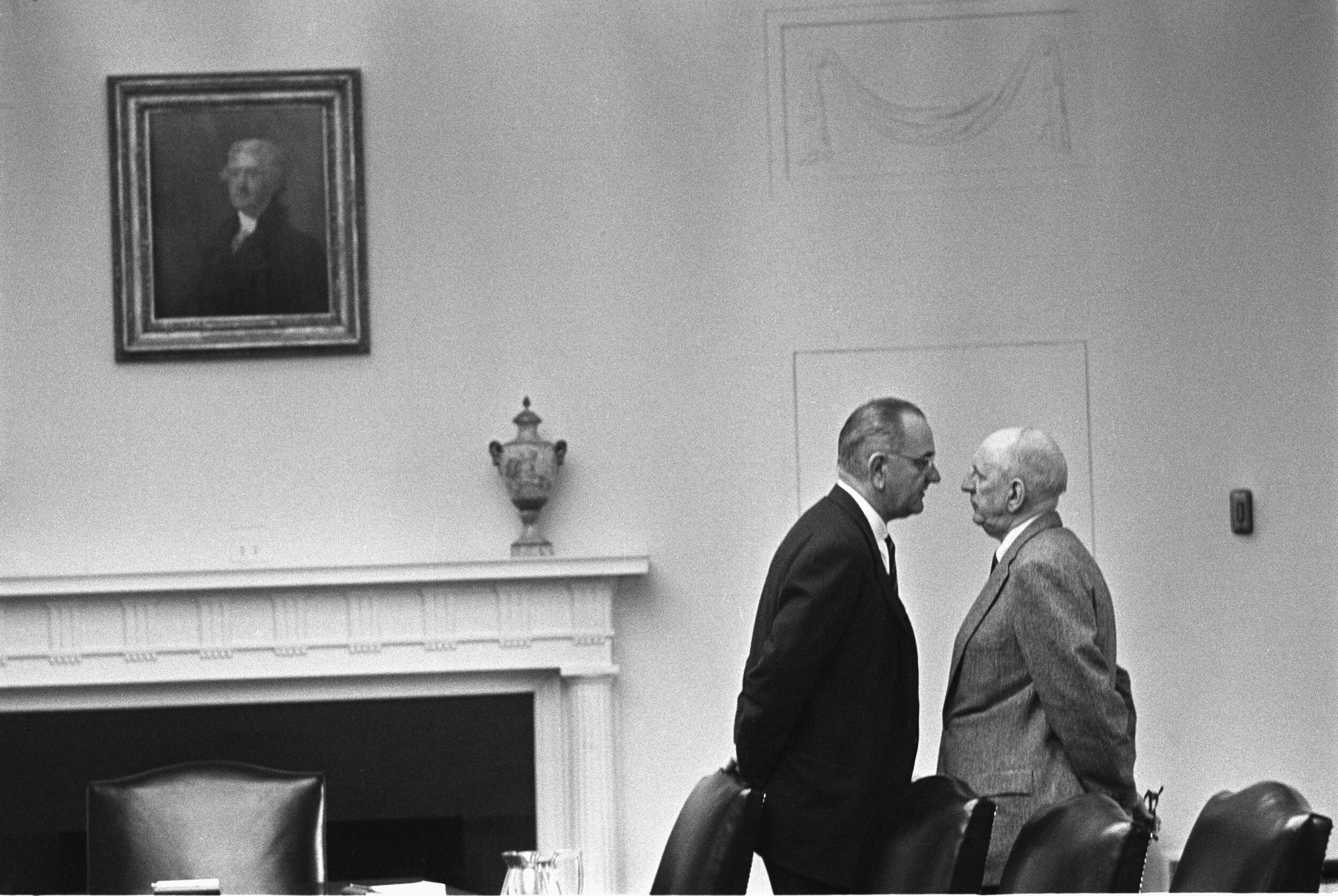September, 1964. Walter Jenkins, Lyndon Johnson’s beloved and longest serving aide, is struggling to manage an overworked staff, an aggressive press corps, and a volatile President, who believes they are only one scandal away from defeat by a formidable Republican opponent in November. With pressures mounting at work and at home, Walter becomes involved in a scandal that will forever alter all of their lives — and threaten to make the President’s worst fear come true. Based on actual events, ONE OF MANY is a story about love, loyalty, and friendship in the halls and bedrooms in the center of American power.
A few years ago, while doing research for another project, I came across a story about the arrest of President Lyndon Johnson’s most trusted aide in the days leading up to the 1964 presidential election. On a warm October evening after attending a cocktail party, Walter walked to the downtown YMCA, made his way into the basement men’s room, entered a stall with another man there, and proceeded to have oral sex. Moments later, both men were arrested by two undercover police officers.
I had never heard of Walter Jenkins, but the more I learned about him, the more fascinated I became. He had served LBJ from his days in the Texas Senate all the way to the White House. No one had served longer and there was no person the President trusted more than Walter. He was a married father of six children, Catholic, beloved and respected by everyone who worked with him. He was the quiet, but influential voice in the President’s ear, the person LBJ called his “Vice President in charge of everything” and others called “Mr. Fix-It.” More importantly, Walter had the highest security clearance possible during the last days of the Cold War, when homosexuality was synonymous with treason.
We live in a world in which political sex scandals are commonplace. Prior to1964, most journalists turned a blind eye to extramarital affairs. Most newspapers would never consider reporting a story about homosexuals. Simultaneously, homosexual men and women were emerging out of the dark bars and alleyways and establishing gay rights groups in some of the larger cities. A long-form article about the in LIFE magazine described how some were now openly “flaunting their deviation.” It would be five, very distant years until the Stonewall riots in New York City gave birth to a new civil rights movement and nearly ten years until homosexuality was no longer considered to be a mental illness.
Many historians view the 1964 election as a political turning point. The gay rights movement is part of this story, in part, because Walter Jenkins brought homosexuality to the front page of newspapers — and to the Oval Office. Walter’s story is more than a tale of closeted gay man; it is the story of loyalty — to a spouse, a friend, an employer, a country, to oneself. Walter’s story is the one shared by thousands of gay men. Unlike those stories, Walter’s unfolded in the public eye, and allowed America to take a tiny, empathic step forward.
-Tim Kirkman, writer/director

































